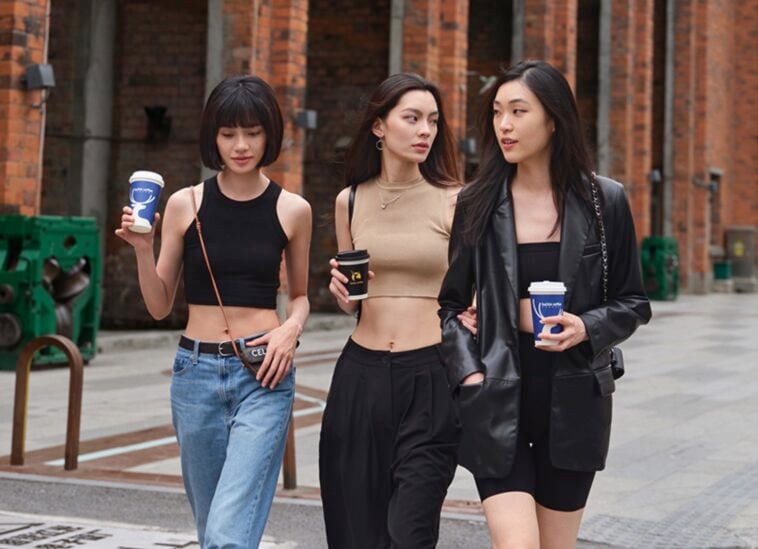New Yorkers have a new coffee contender to try, and it’s not from Seattle. Luckin Coffee, the Chinese juggernaut that dethroned Starbucks in its home market, has opened its first two U.S. stores in Manhattan, marking a bold move into one of the most saturated coffee markets in the world.
The new outposts in Greenwich Village and NoMad aren’t just about serving cold brews and matcha lattes—they’re part of a strategic play to challenge U.S. giants on their own turf. These sleek, no-frills shops are targeting Gen Z and young professionals with a streamlined ordering experience: cashless kiosks, app-based payment, and drinks that are as TikTok-worthy as they are wallet-friendly.
It’s a format Luckin has perfected in China since its founding in 2017, where it scaled at breakneck speed by offering solid coffee at about 30% less than Starbucks, and cut costs by minimizing seating and maximizing mobile ordering. That approach helped it outnumber Starbucks in Chinese storefronts by 2019—a symbolic win that cemented its status as a serious disruptor.
But the road hasn’t been smooth. After going public in 2019, Luckin unraveled just a year later in a high-profile fraud scandal that led to a $180 million fine and its removal from the Nasdaq. While many predicted its downfall, the brand instead went local, doubling down in China, where it now boasts over 22,000 stores and has overtaken Starbucks in revenue.
Now it’s testing whether that comeback formula can work in the U.S.
The timing isn’t accidental. Coffee prices are up, and many consumers are questioning the cost of their $6 lattes. Brands like Dutch Bros. have proven there’s room in the market for younger, cheaper, mobile-first coffee concepts. Luckin thinks it can deliver just that—with colorful “refresher” drinks, fruit-infused cold brews, and a minimalist experience designed for speed.
Its biggest challenge? Building trust in a market still skeptical after its accounting scandal, and competing against a Starbucks brand that has had over 50 years to entrench itself in American culture. But if Luckin can replicate its Chinese success—where it turned convenience and value into a cultural movement—it might just be the underdog story New York didn’t see coming.

